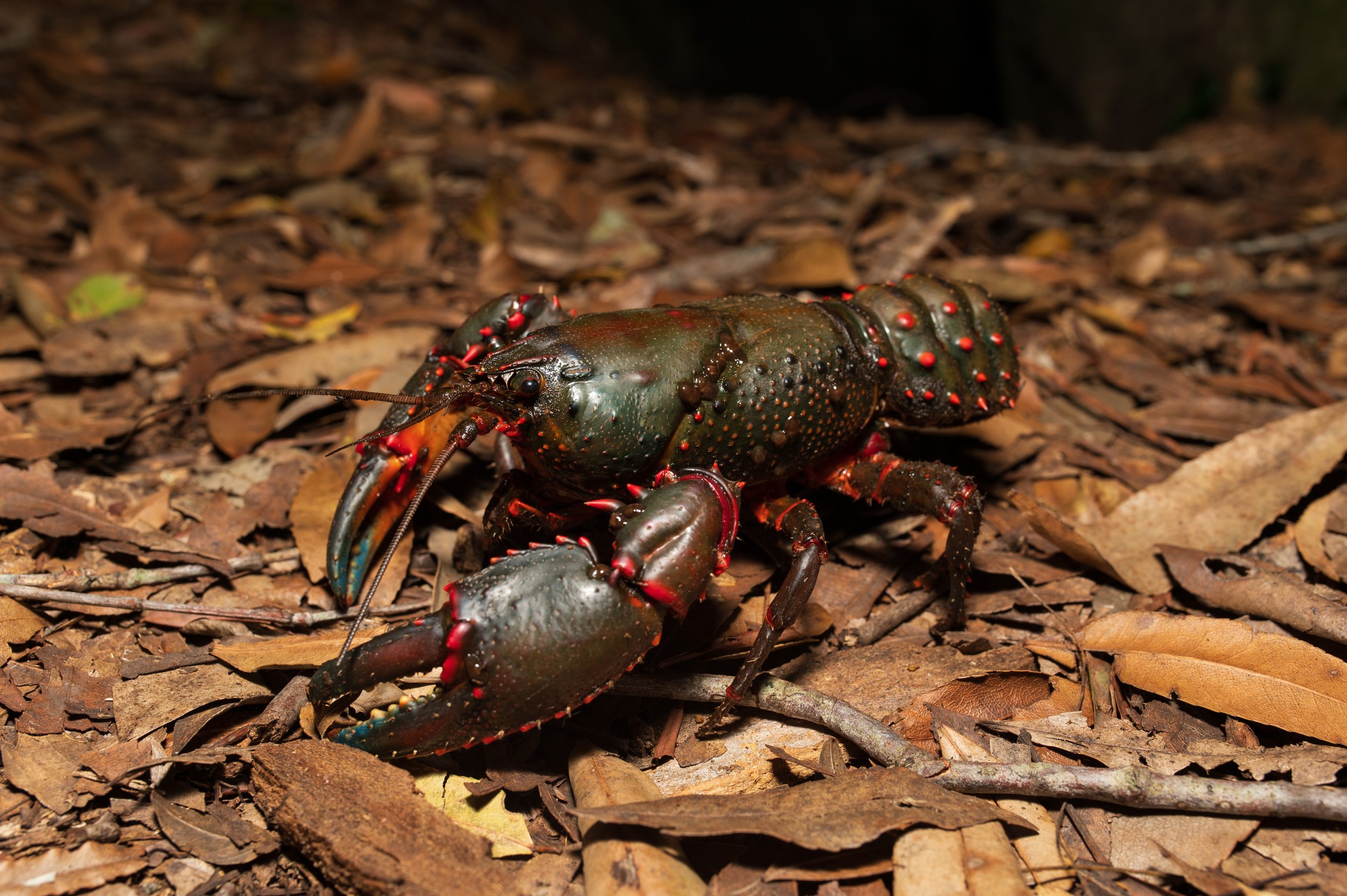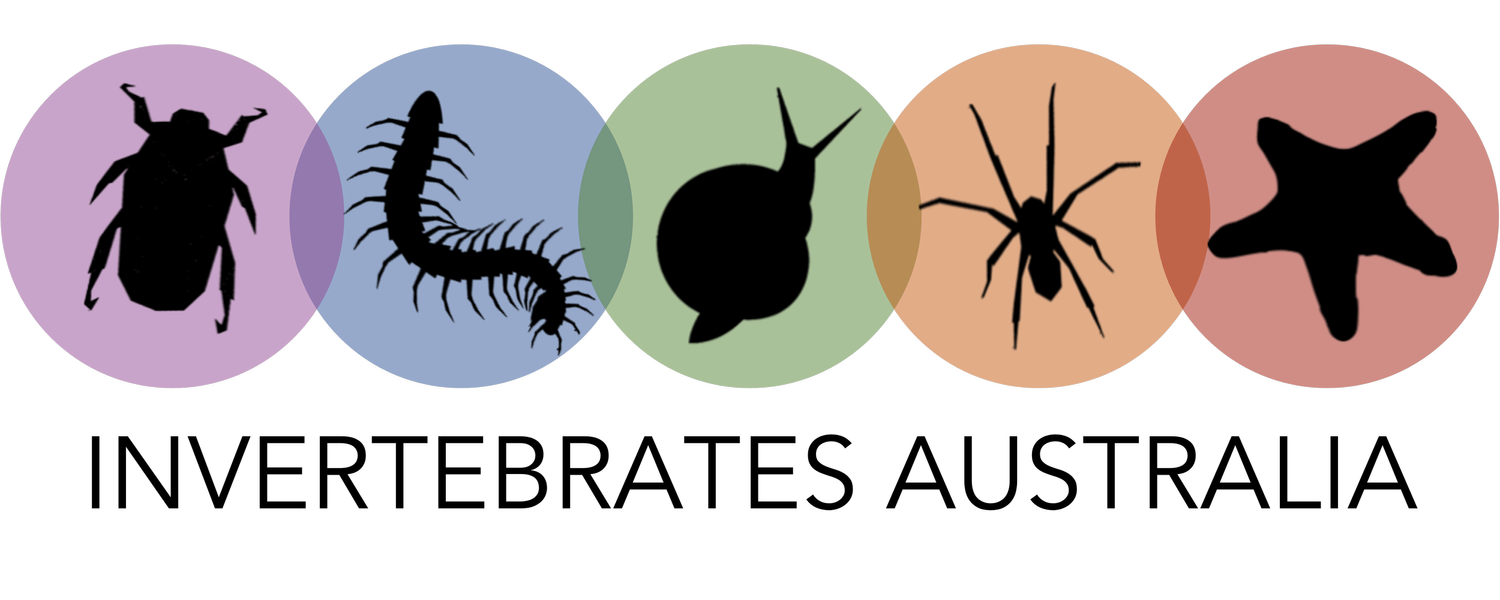
For Researchers
-
AusInverTraits
The AusInverTraits database is a curated and standardised database of traits data for Australia's invertebrate taxa gathered from primary sources. It is developed in collaboration with AusTraits.
-
Internships
If you’re a PHD student looking for an internship in this space, please reach out to our team and we’ll see if we can assist!
-
PhD scholarships - New Zealand
Massey University in New Zealand has two new, fully-funded PhD positions available in the evolution of freeze-tolerant alpine insects.
Status of Insects Research Coordination Network
There is substantial evidence that insects are declining in both abundance and diversity across many regions of the planet, at rates as high as 1-2.5% per year. These unsustainable rates will have manifold consequences for the functioning of the planet’s ecosystems.
Quintessential ecosystem services provided by insects—pollination, litter decomposition and soil formation, pest control, and nutrient cycling—are essential for the functioning of the biosphere, food production, and human health. Estimates of global ecosystem services provided by insects and other invertebrates exceed $1 trillion annually.
The five-year Research Coordination Network (RCN) will bring together scientists from around the world to study the status and trajectories of insect populations and communities globally. The network of international scientists will be tasked with determining the magnitude and patterns of decline, identifying the primary causes and consequences for ecosystem function and human welfare, and developing policy recommendations to mitigate and reverse the losses. The proposal includes support to develop educational and outreach materials that will raise awareness for and appreciation of insects—the little things that run the world.
The RCN unites entomologists, conservation biologists, community scientists, agriculture and forestry professionals, policy-makers, data scientists, and other stakeholders to (a) develop a community-driven approach to systematic data synthesis, (b) map and meta-analyze current knowledge of insect population and diversity trends globally, and (c) propose solutions to protect insect biodiversity.
The multinational network will compile global evidence, identify data gaps, develop community-endorsed data standards for insect monitoring, assess geographic and taxonomic patterns of population change, synthesize information on principal threats, advance statistical methods to meta-analyze quantitative data relevant to insect population trends, recommend immediate and long-term strategies to protect insect biodiversity, and promote policy development to support these strategies.
Join the Network
To join the RCN listserv, please fill out the form below. Anyone in the RCN can use this listserv to share news and events related to insect decline and conservation with the full network by sending an email to status-of-insects@xerces.org
(It may take up to 48 hours before you are able to see or post in the group. If after 48 hours, you are still not able to access the group, please reach out to Beth Lauss at beth.lauss@xerces.org.)

